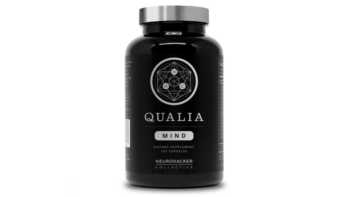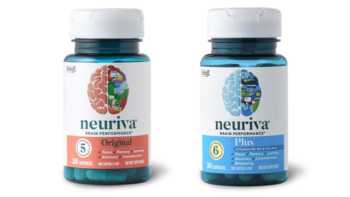Our Members Asked:
Do either phosphatidylserine or phosphatidylcholine help with memory and cognition? How are these supplements different?

Answer:
Studies from the late 1980s through the mid-1990s had shown phosphatidylserine to be effective in treating symptoms of Alzheimer's disease and other forms of age-related mental decline. However, the phosphatidylserine used in these studies was derived from cow brain tissue, which, due to safety concerns, is now rarely sold.
Nearly all phosphatidylserine supplements on the market today use ingredients derived from soy (which is also the main source of phosphatidylcholine). This plant-derived form has a different fatty acid composition than phosphatidylserine from brain tissue and, unfortunately, studies using the plant-derived form (100 mg to 600 mg daily) have shown very modest or no benefit for cognitive function or age-related memory impairment (Kato-Kataoka, J Clin Biochem Nutr 2010; Jorissen, Nutr Neurosci 2001). A modified form of soy-derived phosphatidylserine, in which omega-3 fatty acids have been attached (for example, Sharp-PS Gold or Vayacog by Enzymotec Ltd.), has shown some benefits such as improvements in sustained attention and memory recall, although studies (using about 100 mg to 300 mg of the modified form) have been limited to non-demented elderly people with memory complaints, and the greatest benefits seem to be among people who already perform relatively well on the cognitive and memory tests before treatment (Richter, Clin Interv Aging 2010; Vakhapova, Dement Geriatr Cogn Disord 2010; Vakhapova, Dement Geriatr Cogn Disord 2014).
Be aware that not all phosphatidylserine supplements contain all the ingredient that they claim. ConsumerLab's Phosphatidylserine Supplements Review (2024) found one popular brand to contain only 10% of its claimed phosphatidylserine. Fortunately, other products passed testing, and ConsumerLab selected two as Top Picks. Tests by others have also found problems with the quality of phosphatidylserine supplements, as noted in the Review. Phosphatidylserine can also be obtained from foods – see the food table in the Review.
There is not much evidence that phosphatidylcholine can improve memory or cognition. However, it does provide choline, which is a component of the neurotransmitter acetylcholine. Another chemical form of choline sold in supplements has shown some promise in improving memory and cognition as explained in the Choline Supplements Review (which includes our tests and comparisons of marketed supplements).
Join today to unlock all member benefits including full access to all CL Answers and over 1,400 reviews.
Join NowAlready a member? Sign In Here.
Join now at www.consumerlab.com/join/












Submit your comment
This feature is restricted to active members.
Join now to add comments and get all member benefits, including over 1,400 reviews.
Join NowAlready a member? Sign in here.